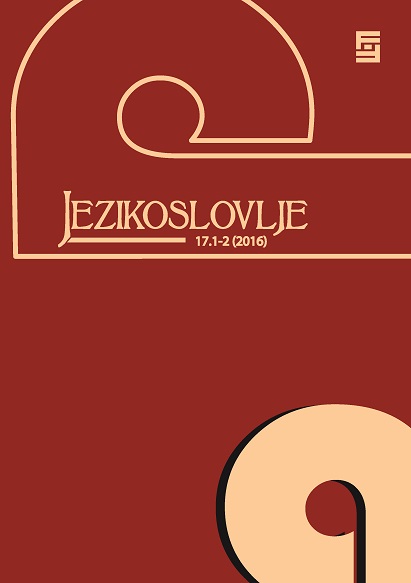Verbal and nominal properties of the productive Hungarian deverbal nominalizations
Verbal and nominal properties of the productive Hungarian deverbal nominalizations
Author(s): Veronika Szabó, Bálint Tóth, Gábor Alberti, Judit FarkasSubject(s): Theoretical Linguistics, Syntax, Finno-Ugrian studies, Philology
Published by: Filozofski fakultet, Sveučilište Josipa Jurja Strossmayera, Osijek
Keywords: Hungarian noun phrase; generative syntax; deverbal nouns; verbal properties; nominal properties;
Summary/Abstract: We demonstrate a system of Hungarian deverbal nominalizations, based on our extension of Laczkó’s framework (Laczkó 2000), in which such nouns form a uniform system as the ÁS-noun felfedezés ‘discovery’, the TEV-noun felfedezte(kor) ‘when discovered’, the Ó-noun felfedező ‘discoverer’, and the TTH-noun felfedezett(je) ‘discoveree’. We provide a comprehensive compari-son among the complex-event-based and event-type-based of the deverbal nominal construction variants (e.g., megoperálás ‘operating’ versus operáció ‘operation’) on the basis of verbal and nominal properties considered in Broekhuis and Keizer (2012) and properties specific to Hungarian, such as information-structure inheritance, for instance (Alberti and Farkas 2013).
Journal: Jezikoslovlje
- Issue Year: XVII/2016
- Issue No: 1-2
- Page Range: 267-293
- Page Count: 27
- Language: English

